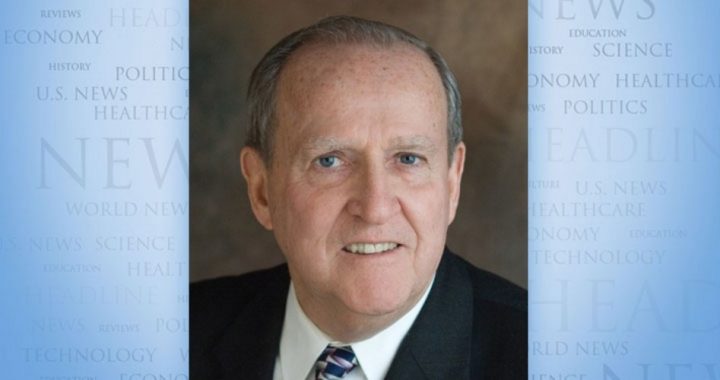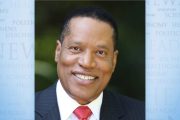
Prior to Brett Kavanaugh’s confirmation to the Supreme Court, the New York Times published an op-ed piece written by two law school professors who provided their thoughts about his judicial approach. He’s not an originalist like Judge Clarence Thomas, they claimed, he’s a self-admitted textualist.
An originalist is someone who believes in the meaning of a document’s words as they appeared when written. These legal minds do not allow for changes in or shading of words appearing in legal documents. They subscribe to the thinking of Thomas Jefferson who stated the following at the very time he became president in 1801:
The Constitution on which out Union rests shall be administered by me according to the safe and honest meaning contemplated by the plain understanding of the people of the United States at the time of its adoption – a meaning to be found in the explanations of those who advocated, not those who opposed it….
Our nation’s third president would later repeat his view on this topic when he insisted:
On every question of construction, [let us] carry ourselves back to the time when the Constitution was adopted, recollect the spirit manifested in the debates, and instead of trying what meaning can be squeezed out of the text, or invented against it, conform to the probable one in which it was passed.
Shouldn’t this be the method employed by our nation’s current jurists? Yes indeed. But it is not so employed.
The Constitution is essentially a contract between the government and the people. The meaning of the words in a modern contract signed by two persons in good faith cannot be changed by either one of the parties acting alone. In like manner, either party cannot legitimately alter the meaning of the words of the Constitution today. Those swearing an oath to abide by the Constitution must be required to adhere to the meaning of the words, as they were understood when agreed to in 1787.
For example, the Constitution’s very first sentence states, “All legislative powers herein granted shall be vested in a Congress of the United States.” The word “all” does not allow for exceptions, such as the widely employed claim of the executive branch that it has power enact laws claiming “executive privilege.” Consider that the extremely powerful Environmental Protection Agency (EPA) was created by a President Richard Nixon executive order, not by Congress. There are plenty of similar examples (tortured meanings of the First, Second and Tenth Amendments come to mind) where the thinking of the Founders has been relegated to a dustbin. Instead, the Constitution’s clearly stated restrictions are being reinterpreted in these “enlightened times.”
What then is a “textualist”? Yale Law School Fellow Emily Bazelon and University of Chicago Law School Professor Eric Posner noted that one who follows such a path can produce “liberal as well as conservative interpretations of statutes.” These jurists don’t refer to the original meanings of words in the Constitution. They rely on whatever seems to be currently in vogue.
The two professors also pointed out that Kavanaugh has “proudly said that he is a textualist.” And they quoted liberal Justice Elena Kagan insisting, “We are all textualists now.” Her view amounts to “anything goes.” Is that the view of all textualists? Let us hope that it is not. But obviously, a textualist cannot be pinned down or expected to abide by Jefferson’s call for relying on the “safe and honest meaning” of the Constitution’s words.
All elected and appointed federal officials swear an oath to the Constitution. The document they solemnly profess to obey should be known as an array of restrictions on governmental powers, not a granting of powers. It, and nothing else, is the source of America’s greatness, not because of what it granted but because of what it forbade by not granting a multiplicity of powers.
Let us hope that druing his tenure on the Supreme Court, Justice Kavanaugh becomes another originalist who regrets ever stating that he is correctly labeled a “textualist.”



